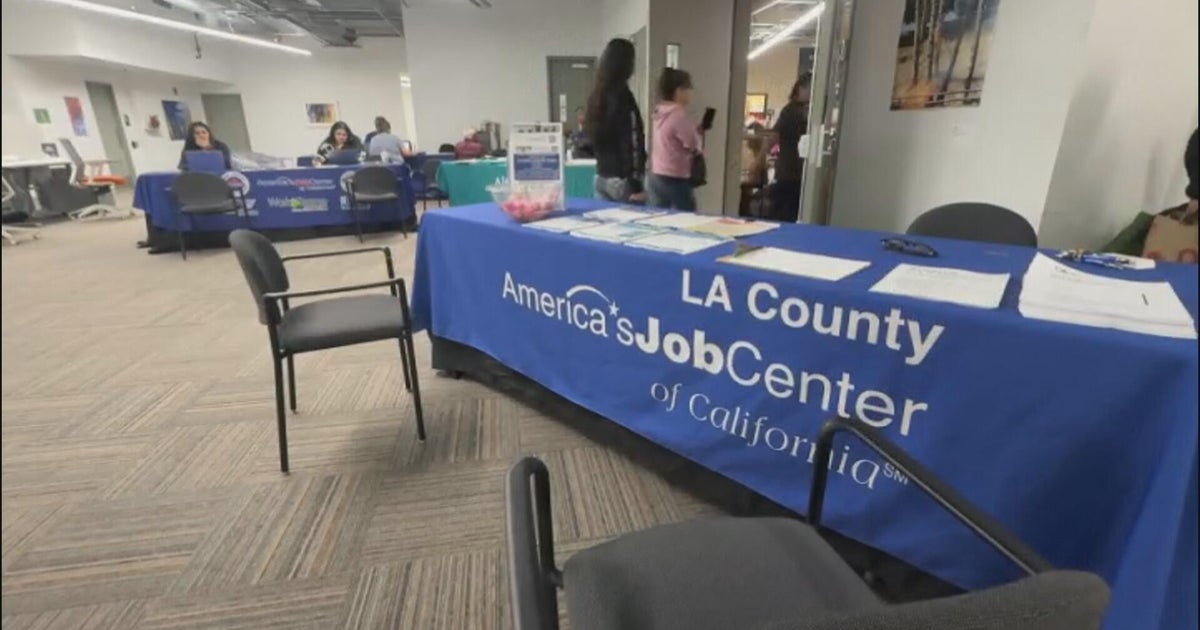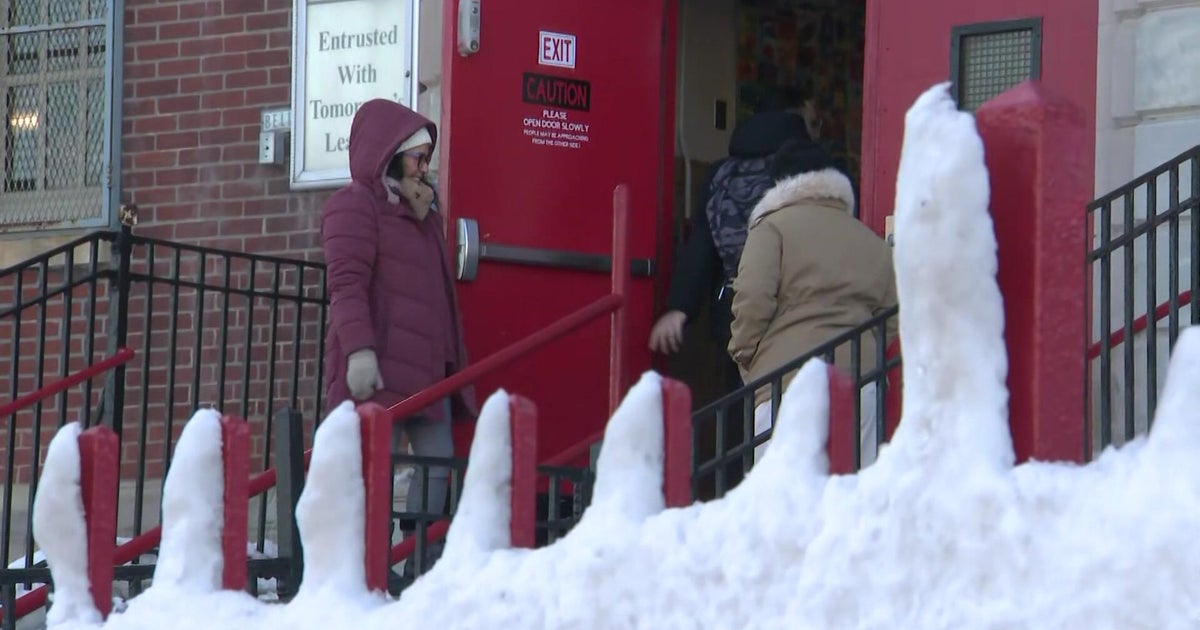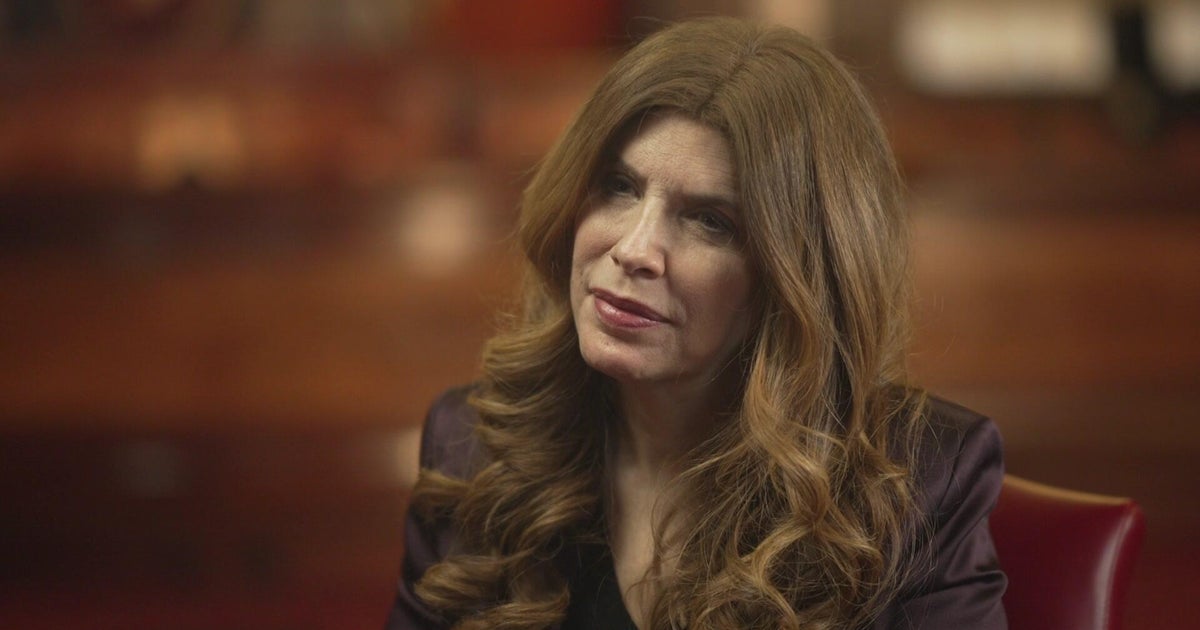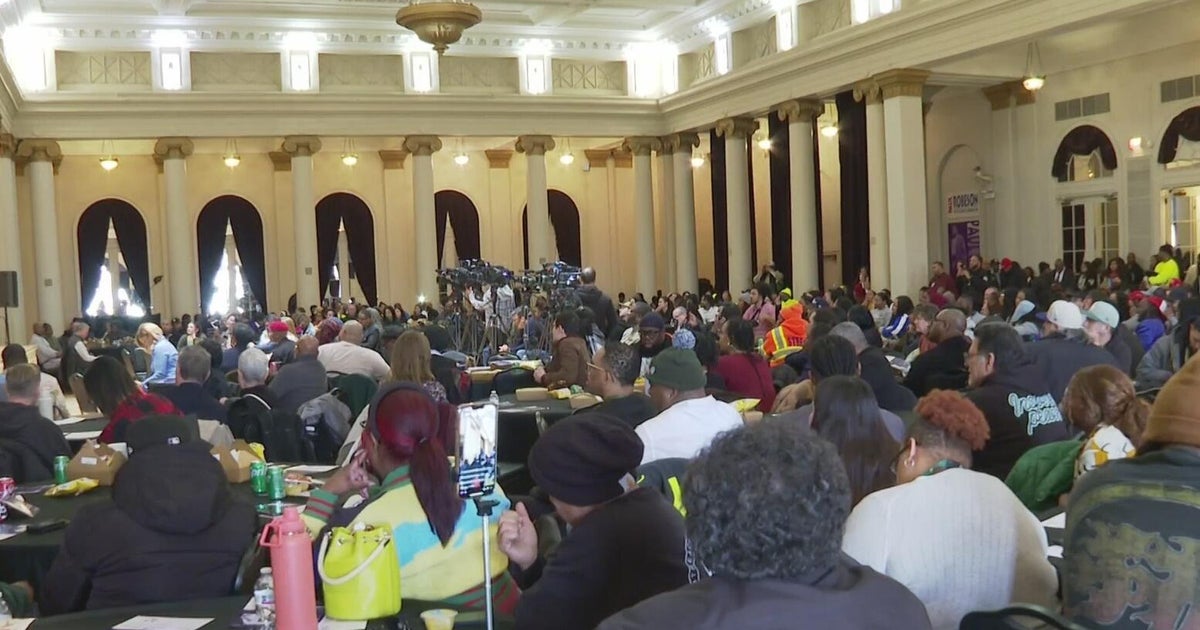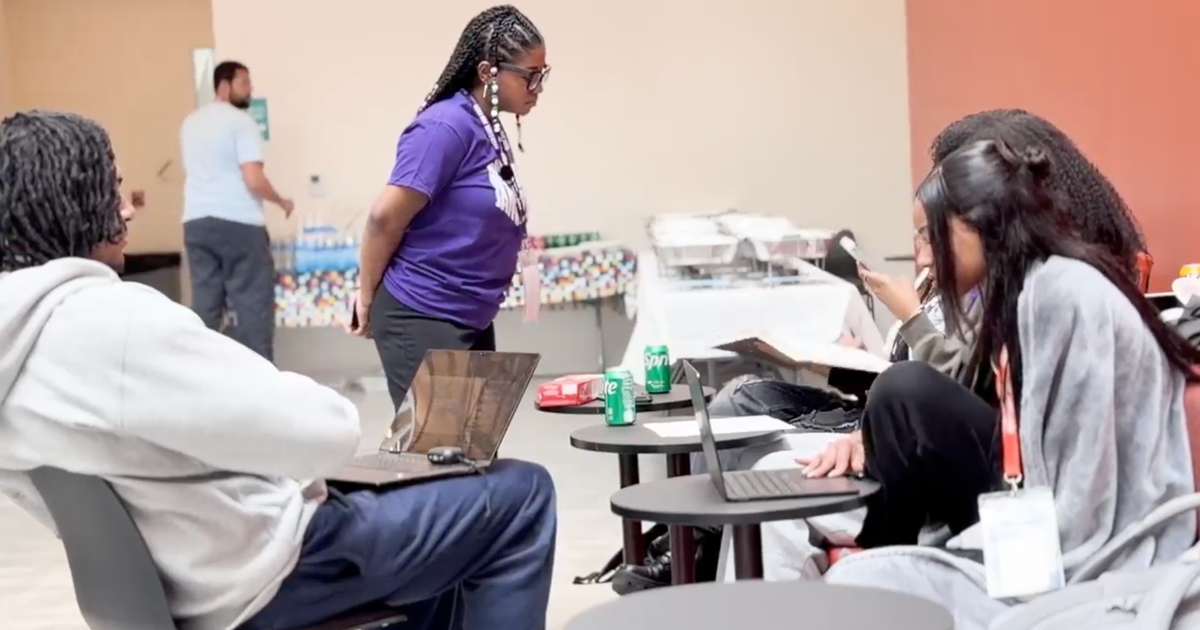City Colleges To Add Specialized Classes In High Demand Industries
UPDATED 12/13/11 5:47 a.m.
CHICAGO (CBS) -- Mayor Rahm Emanuel is preparing to launch a major new initiative at the city's community colleges, focusing on providing jobs for graduates by working with employers to create curriculum that should help produce the kind of workers the city's businesses need.
CBS 2 Chief Correspondent Jay Levine reports the mayor will reveal details of the program Monday night at the Economic Club of Chicago.
The city's unemployment rate is hovering around 10 percent, despite having 100,000 unfilled job openings in Chicago, because there aren't enough qualified applicants to fill those positions – many of them in the healthcare industry.
Under the mayor's plan, each of the City Colleges of Chicago eventually will add curriculum focusing on specialized career areas where workers are in high demand, but short supply.
LISTEN: WBBM Newsradio Political Editor Craig Dellimore reports
Podcast
"The community college system is an untapped educational resource for us," Emanuel said Monday morning. "We're going to convert the community college system to a skills-based education, taking the six most promising growth fields for the city of Chicago and train for that. So no employer – in a time of a recession or in a time of expansion – will ever again be looking for employees with skills."
That is why City Colleges Chancellor Cheryl Hyman came to Malcolm X College's nursing lab on Monday, to discuss partnerships like the one starting now with Rush University Medical Center, John H. Stroger Hospital of Cook County, Northwestern Memorial Hospital and a number of other hospitals and healthcare companies.
"Industries will come in and they will work hand-in-hand with our faculty. They will help our faculty design the curriculum that is relevant, not only for today but for tomorrow," Hyman said.
Rush University Medical Center CEO, Dr. Larry Goodman, said the program will give hospitals another tool for training future healthcare workers.
"We're fortunate we have our own health science university and now, here's another opportunity to link in with students during their training, get a chance to help mold their training, and also get a chance to see them and they see us. So it's a great linkage." Goodman said. "We'll have jobs, as will so many others in healthcare fields."
Partnerships are also envisioned with aviation giant AAR Corporation and the BNSF Railroad.
The first two specialized careers programs being announced will be partnerships between the health care industry and Malcolm X College on the Near West Side and between the transportation industry and Olive-Harvey College on the Far South Side.
Partnerships in hospitality, computer technology and business services will follow at the other five city colleges -- Wilbur Wright College, Kennedy King College, Richard J. Daley College, Harold Washington College and Truman College.
"When somebody graduates from Harold Washington, from Olive-Harvey, from (Wilbur) Wright, from Kennedy-King, or from Truman, that diploma -- given they've done everything they're supposed to do – should have economic value," Emanuel said. "And I don't think we can honestly say that to ourselves today."
The overhaul doesn't mean all current classes at the City Colleges will disappear, only that many more students will be custom-trained for the hard-to-fill jobs that are out there.
Wright College literature professor Perry Buckley praised the Mayor's plan, although he pointed out it's not entirely new for the city's community colleges.
I originally was in a college called Chicago Citywide College, that had programs in everything from health industry to hospitality, business associate; so we had programs," Buckley said. "I think it's a good idea … [but] I think we've forgotten what we had in the past."
If you take the healthcare industry alone – which is expected to need 75,000 new employees over the next decade – training people the way the industry wants in order to fill those jobs will give Chicagoans a head start and the city's economy a shot in the arm.

